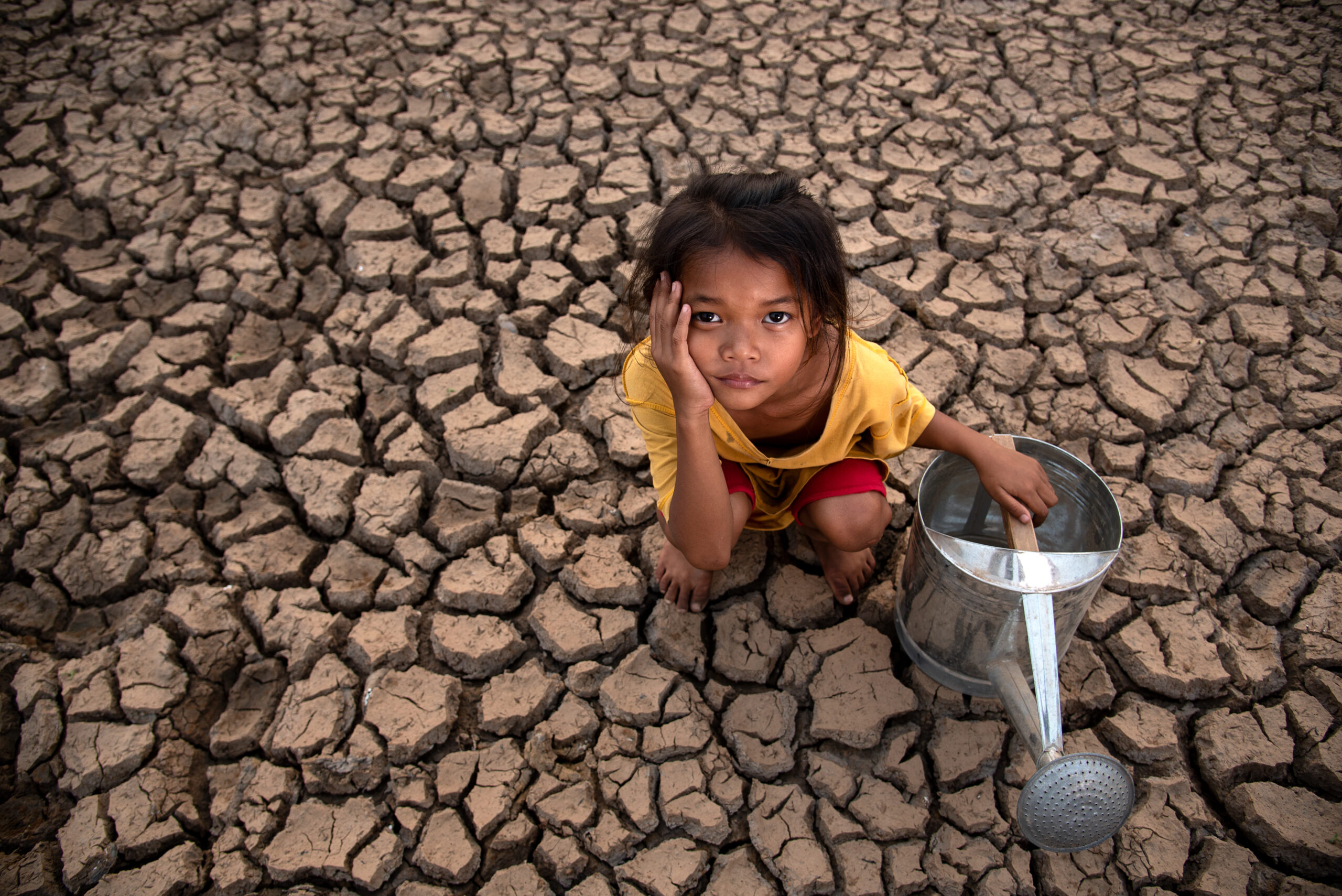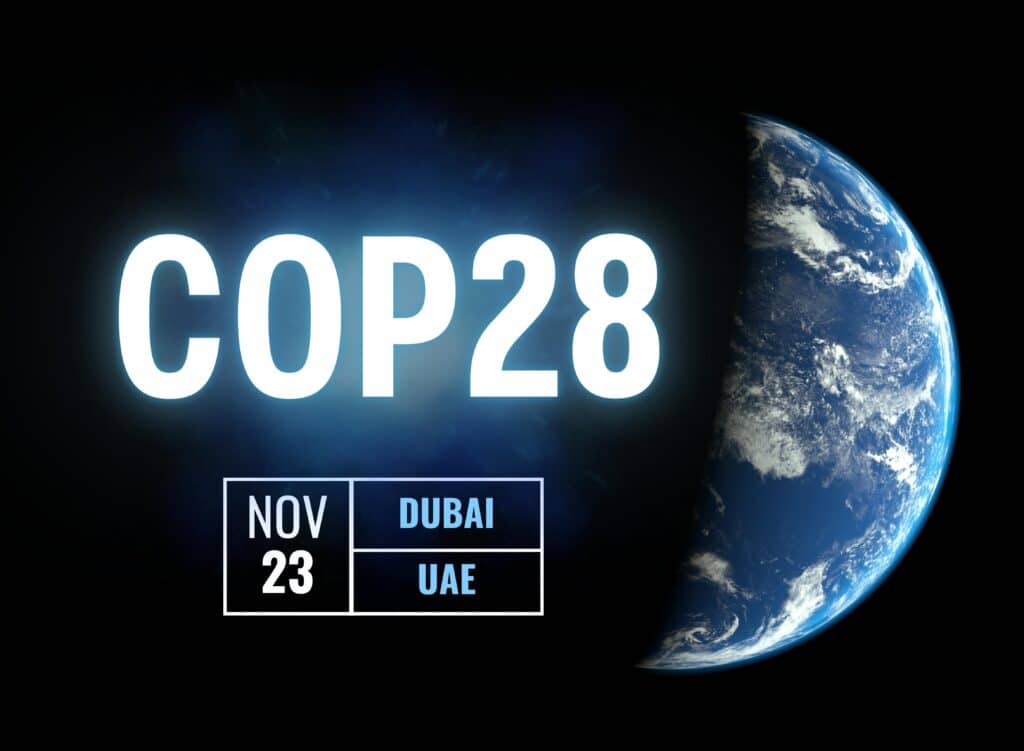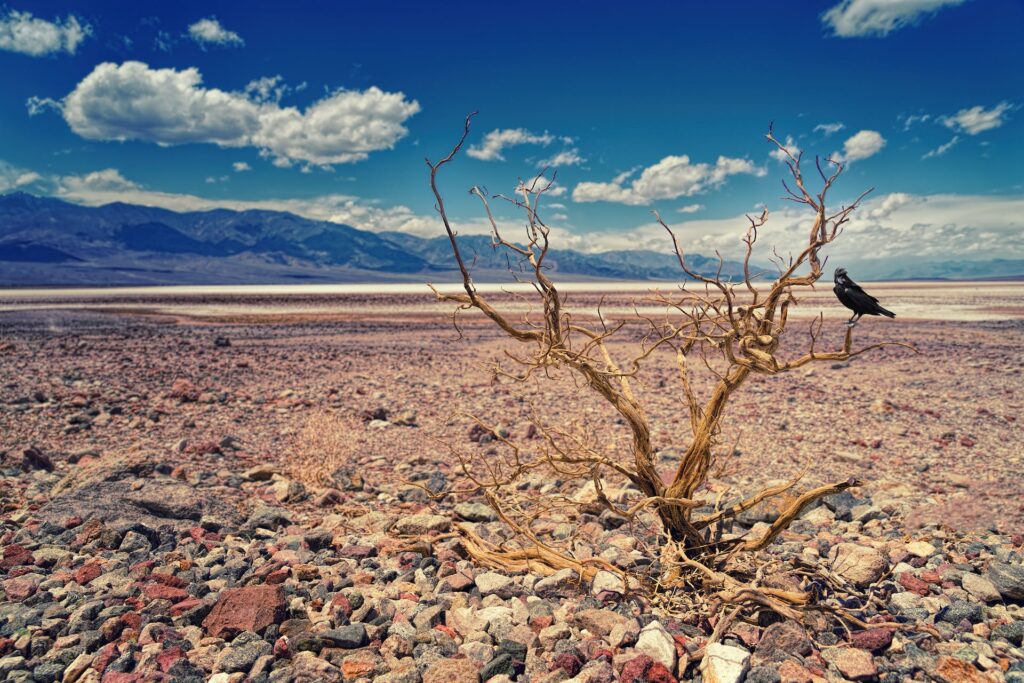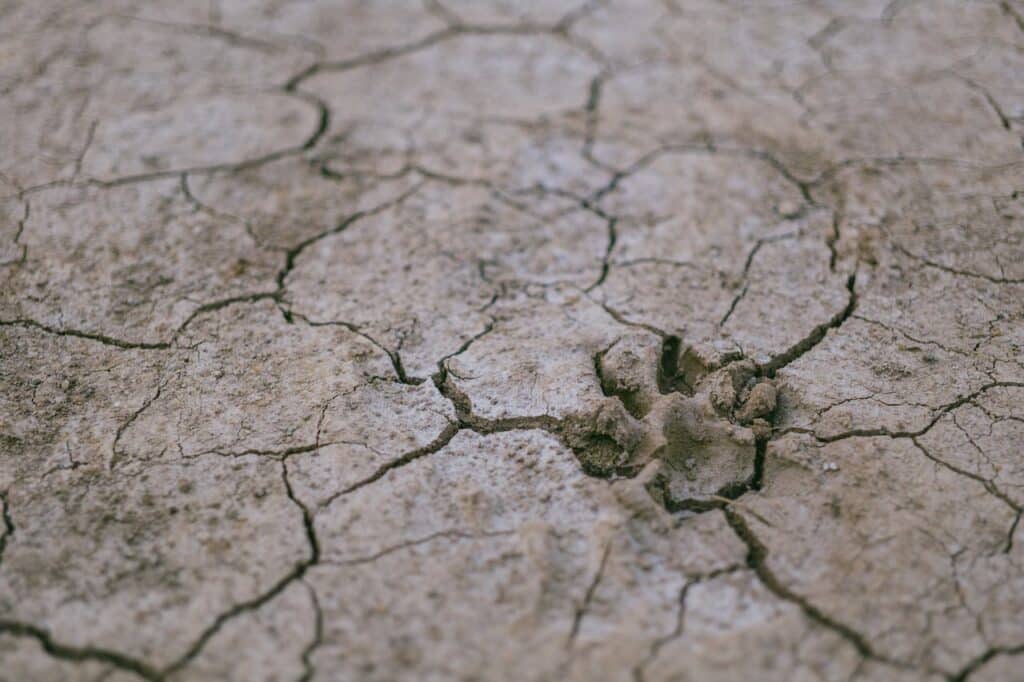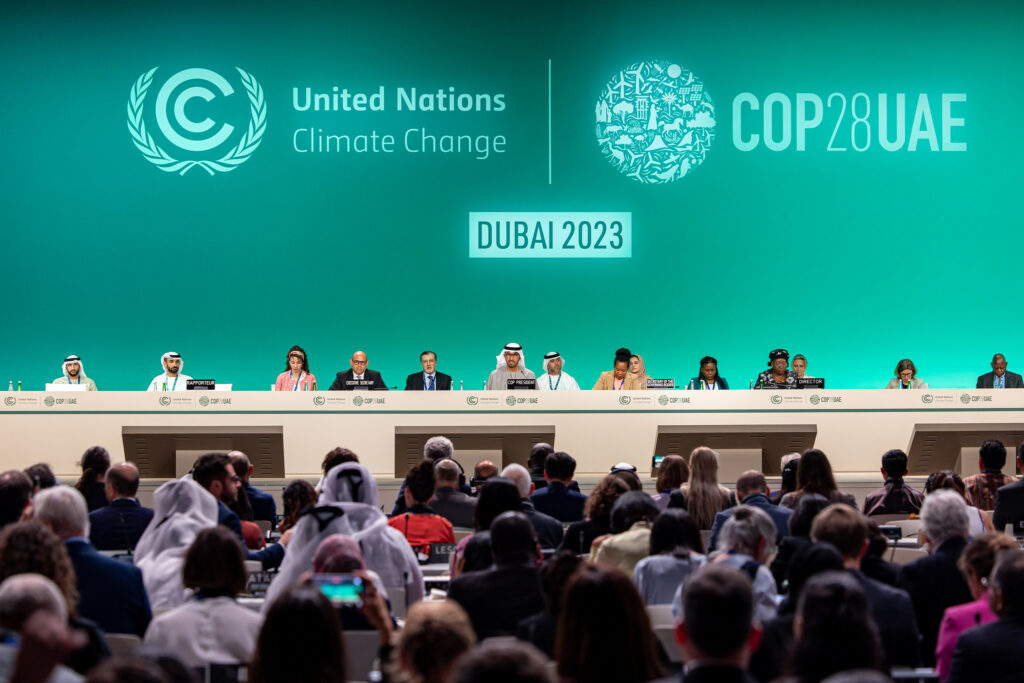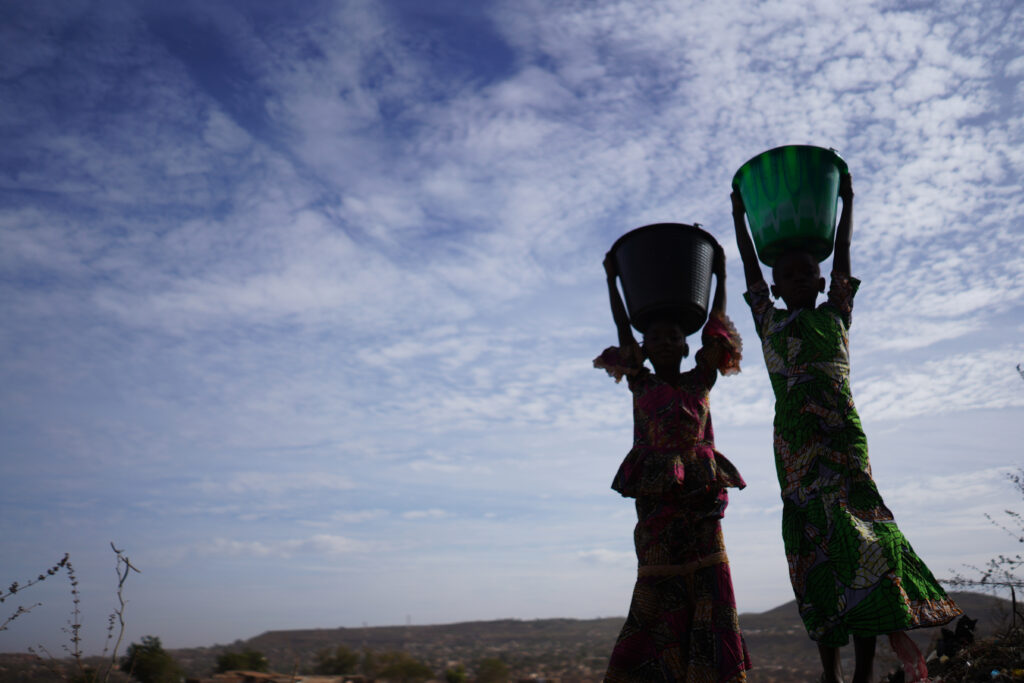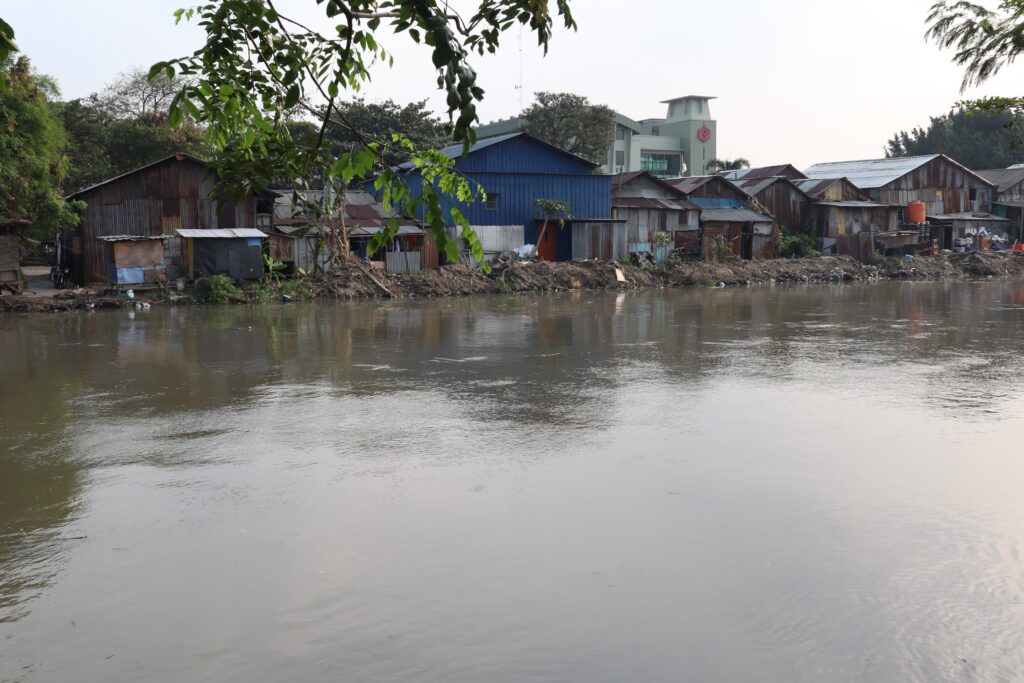Enhancing community resilience is fundamental to addressing climate change. Our planet-heating activities and greenhouse gas emissions are making the world a far more dangerous place to live. These dangers will be felt the strongest in fragile and conflicted-affected regions – already home to the world’s most vulnerable – that will be further destabilised by the climate crisis. The world has to reduce greenhouse gas emissions and carbon emissions to address climate change issues.
While the effects of climate change will be severe, we can reduce harm by building more resilience and stability in communities and by giving more importance to renewable energy instead of fossil fuels. Resilient communities are better equipped to recover from extreme climate events, helping to mitigate climate-driven displacement, famine, poverty and war.
In light of this, policies and investments that strengthen community resilience and protect lives and livelihoods are becoming increasingly vital. This is most important for already vulnerable regions, where climate impacts can quickly ignite a humanitarian crisis.
Relief, Recovery and Peace Day at COP28 UAE
The COP28 Declaration on Climate, Relief, Recovery and Peace launched on December 3, 2023 at the climate summit, emerging from this urgent need. The declaration brings together governments, international organisations, financial institutions and other key actors to call for collective action to build climate resilience swiftly and at scale.
Speaking at COP28 Dubai, Anna Bjerd from the World Bank highlighted the inequity of climate impacts on vulnerable communities: “The countries that are in fragile and conflict-affected settings are the ones that bear the biggest brunt of climate change. The World Bank estimates that failure to address climate change and vulnerability could push 130 million people into poverty by 2030.”
Bjerd added that these most vulnerable nations also receive the least international support to reduce the impact of acute shocks and adapt. “This means we must collectively step up our game, accelerate climate action in fragile and conflict-affected settings focused on activities that have the proven potential to scale up.”
Strengthening Resilience in Fragile Communities
With half of all global natural disaster events occurring in Asia and the Pacific, which are home to many vulnerable communities, investing in community resilience is paramount. These interventions can take many forms and address a number of vulnerability issues. For example, investing in people’s well-being, education, health and livelihoods can help communities better prepare for, and respond to, the inevitable and worsening climate shocks they may face. Equitable development can reduce people’s vulnerability to global warming, potentially halving the number of people forced into climate-driven poverty by 2030.
Bangladesh illustrates this well. Thanks to decades of systematic investments in cyclone preparedness, it has become a global leader in disaster risk reduction. Another example from Nepal shows how forestry projects increase community benefits and enhance livelihoods for women and other socially excluded groups.
Infrastructure resilience is also key. Strengthening roads, bridges and energy grid infrastructure against climate extremes is vital, given their pivotal role in supporting livelihoods. For example, Indonesia has implemented flood control systems in power plants, altered hydropower operation patterns and increased energy system monitoring to build energy efficiency and resilience against climate impacts.
Many people are also building resilience in their lives directly. In the typhoon-afflicted Philippines, constructing storm-resistant houses is one of the main actions local communities take. Building seawalls and planting mangroves also offer protection against flooding, thereby safeguarding crops and food security.
Funding Urgently Needed as Climate Damages Grow
In addition to investing in community resilience, there is also an urgent and growing need for financial loss and damage support to tackle climate change, particularly for fragile and conflicted-affected regions. The Vulnerable Group of Twenty (V20) economies are estimated to have lost 20% of their gross domestic product (GDP) over the last 20 years. This has significantly increased their indebtedness to the Global North due to the adverse impacts of climate change.
Over the same period, humanitarian needs have escalated. In the decade of the 2010s, 83% of all disasters were attributable to climate events – with many loss and damage appeals left seriously underfunded.
Launched at COP28 2023, the Getting Ahead of Disasters: A Charter on Finance for Managing Risks set principles for collaborative action to finance safeguarding vulnerable populations from climate-related disasters. In a world where annual loss and damage costs could reach USD 580 billion by 2030, the charter aims to address the most devastating impacts in low-income and vulnerable settings.
From Principles to Action
Jagan Chapagain, Secretary General of the International Federation of Red Cross and Red Crescent Societies (IFRC), welcomed the charter, which paves the way for “equitable, resilient and sustainable solutions”. But, he emphasised that there is now no time to lose to implement it. “We have seen many Charters before, and they haven’t been implemented. We need to move into real action.” Currently, 32 out of the 70 highly vulnerable countries seek less than USD 1 per person for climate adaptation, he said. “This statistic should shock us.”
Chapagain also highlighted the power of investing in local actors working directly in communities who can make a difference on a daily basis. “We have to invest in them because they are effective,” said Chapagain. “If we can invest in community resilience, we reduce the suffering,” he said. “Our actions will define our future and the legacy we leave for generations to come. Urgent climate action is no longer a choice, it is an imperative for the survival of our planet and people.”
Evelyn Smail
Writer, United Kingdom
Evelyn is a freelance writer and journalist specialising in climate science and policy, the just energy transition and the human impacts of climate change. She writes for independent publications, NGOs and environmental organisations. Evelyn has a background in sustainable development, climate justice and human rights.
Evelyn is a freelance writer and journalist specialising in climate science and policy, the just energy transition and the human impacts of climate change. She writes for independent publications, NGOs and environmental organisations. Evelyn has a background in sustainable development, climate justice and human rights.

